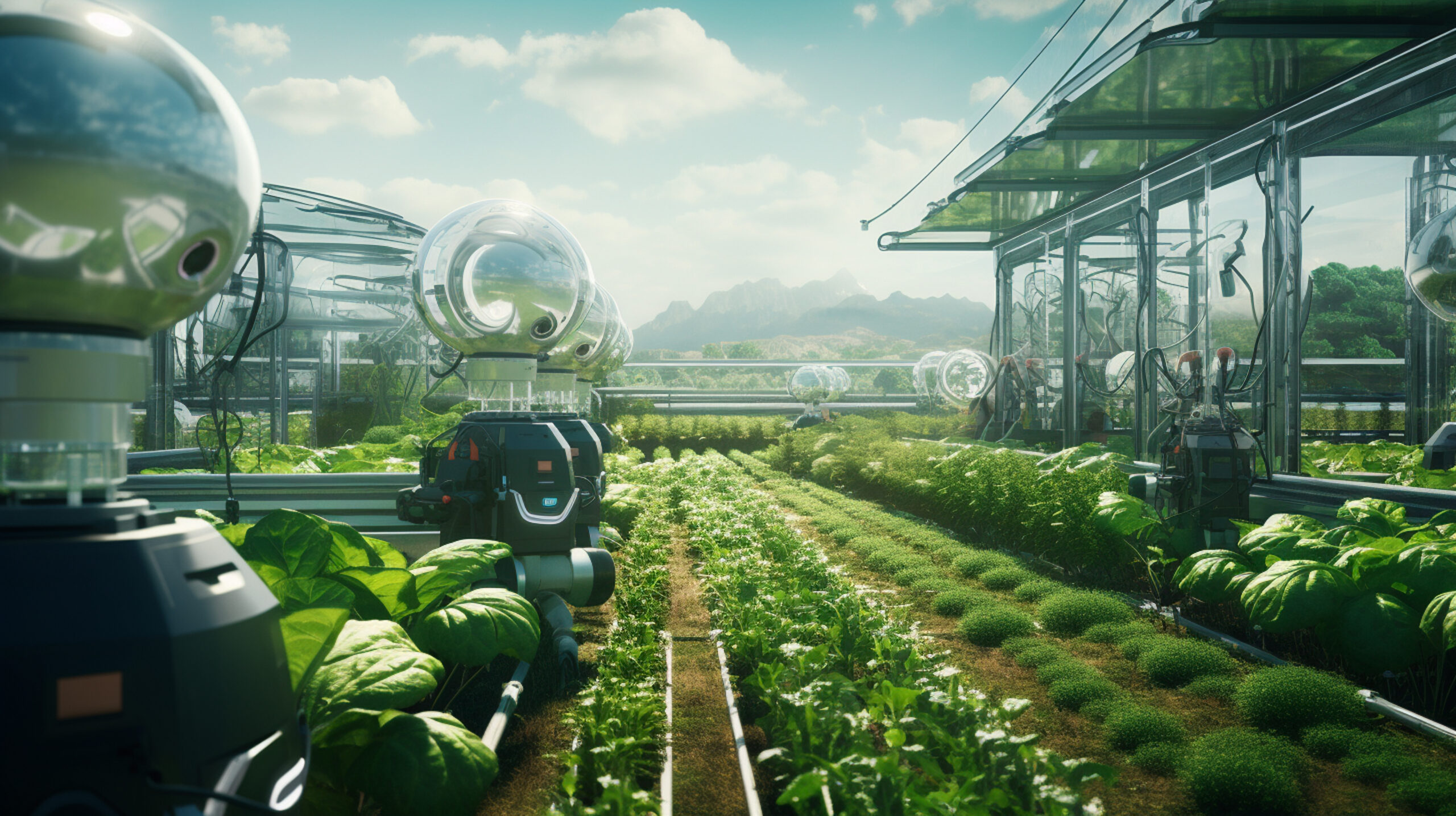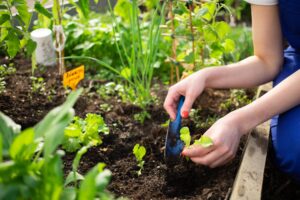Vertical farming and the Metaverse might seem like an unlikely combination, but together, they represent a cutting-edge frontier in agricultural education and sustainability. In this blog post, we explore how merging these technologies can revolutionize the way we teach young people about sustainable agriculture and address some of the world’s most pressing issues, such as climate change and food security.
The concept of vertical farming itself is not new; it involves growing crops in vertically stacked layers, often in controlled environments. This method significantly reduces the use of land and water, minimizes transportation costs, and cuts down on carbon emissions. However, when combined with the immersive technology of the Metaverse, vertical farming education becomes not just about growing food but about cultivating minds. Through virtual reality, learners can experience the intricacies of vertical farms from anywhere in the world, exploring every aspect from irrigation systems to plant biology in a controlled, interactive environment.
The advantages of this approach are manifold. For one, it democratizes education by making it accessible to youth regardless of geographic location. Students in urban settings or remote areas can receive the same quality of training as those in major agricultural centers. Additionally, the Metaverse allows for scalability. As more users plug into the system, the collective knowledge and experience expand, fostering a collaborative learning environment that transcends borders.
Moreover, educating youth about vertical farming through digital platforms prepares them for a future where technology and sustainability must go hand in hand. They learn not only about agriculture but also about sustainability practices, digital literacy, and the potential of technological innovations to solve real-world problems. These lessons are vital in raising a generation that is capable of thinking critically about how we grow our food and manage our planet’s resources.
Finally, by engaging with vertical farming in the Metaverse, young people gain a sense of agency and responsibility. They see themselves as active participants in the fight against climate change and as potential leaders in the field of sustainable agriculture. This empowerment is crucial for fostering a proactive attitude toward global challenges.






